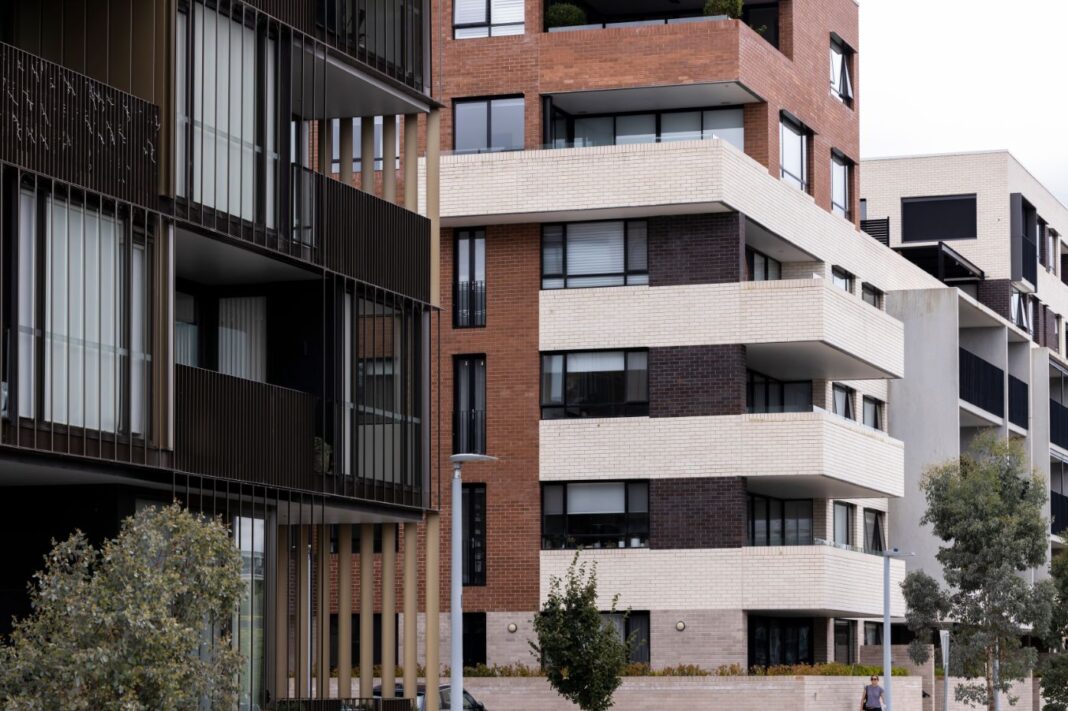
Canberra remains the most expensive capital city in the country to rent, with median rental prices sitting at $600 per week for houses and $500 for units.
New data released by Domain today reveals rent in the ACT is at an all-time high, with median rent for houses 3.4% higher than this time last year. Unit rents are up by just over 4%.
“We’re continuing to see rents that are putting a lot of pressure on household budgets,” said Joel Dignam, executive director of renters’ advocacy group, Better Renting.
Renters in the ACT are paying around $50 more per week for a house than renters in Sydney and Darwin – the two next most expensive cities to rent in.
For units, it’s $30 more and $70 more than Sydney and Darwin respectively. Tenants in the “renter’s market” that is Melbourne can expect to pay $170 less per week for a house and $125 less for a unit than ACT renters.
The vacancy rate for ACT rentals has also fallen to 0.7%, forcing fierce competition for available properties.
Domain’s senior research analyst Nicola Powell said tenants in the ACT have been operating in a “landlord’s market” for a while now, with landlords likely becoming accustomed to the competition to secure a tenancy.
“Tenants will find the task of securing a lease harder, as the estimated number of vacant rentals continues to decline, 14% lower than last year,” Dr Powell said.
Mr Dignam said this means people who are having trouble getting accepted for a rental property and those on lower incomes have far fewer options in the competitive market.
“Not everyone in Canberra is on a high income,” he said.
“There are plenty of people who can afford to be spending $300 a week for a room … but those people are competing for most of the same properties as people who are earning much less and where those high rents are meaning that people are going without food.”
Nationally, rental prices for houses hit record highs in every capital city except Melbourne, Perth and Darwin. Rental prices are also on the rise in outer-city regions, as demand for properties continues to increase.
For more news:



